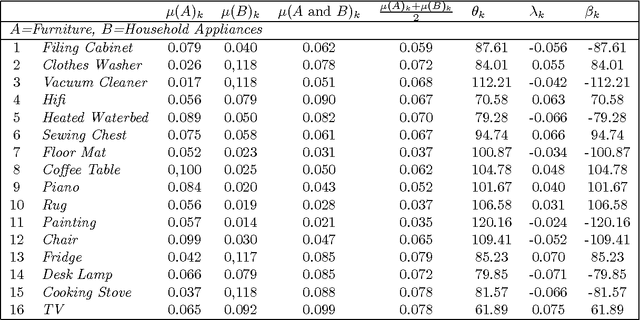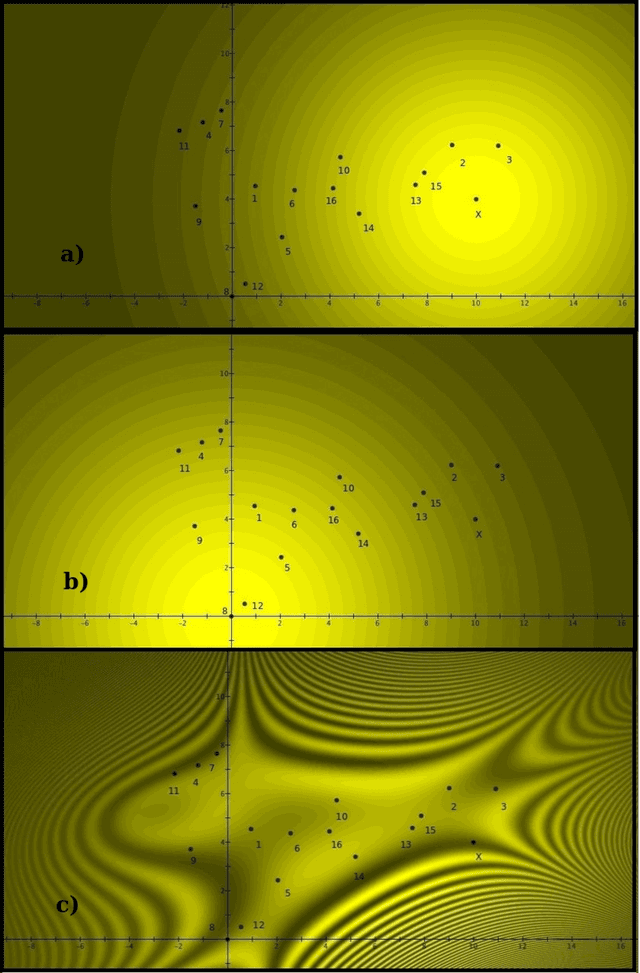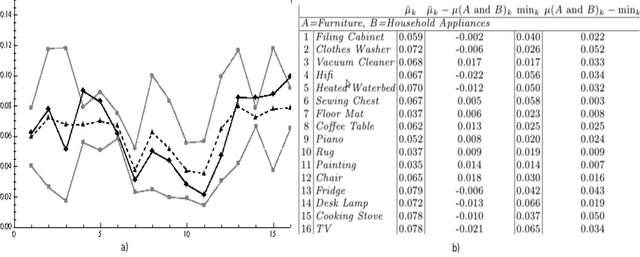The Guppy Effect as Interference
Paper and Code
Aug 11, 2012


People use conjunctions and disjunctions of concepts in ways that violate the rules of classical logic, such as the law of compositionality. Specifically, they overextend conjunctions of concepts, a phenomenon referred to as the Guppy Effect. We build on previous efforts to develop a quantum model that explains the Guppy Effect in terms of interference. Using a well-studied data set with 16 exemplars that exhibit the Guppy Effect, we developed a 17-dimensional complex Hilbert space H that models the data and demonstrates the relationship between overextension and interference. We view the interference effect as, not a logical fallacy on the conjunction, but a signal that out of the two constituent concepts, a new concept has emerged.
* Quantum Interaction. Lecture Notes in Computer Science, 7620, pp
36-47, 2012 * 10 pages
 Add to Chrome
Add to Chrome Add to Firefox
Add to Firefox Add to Edge
Add to Edge